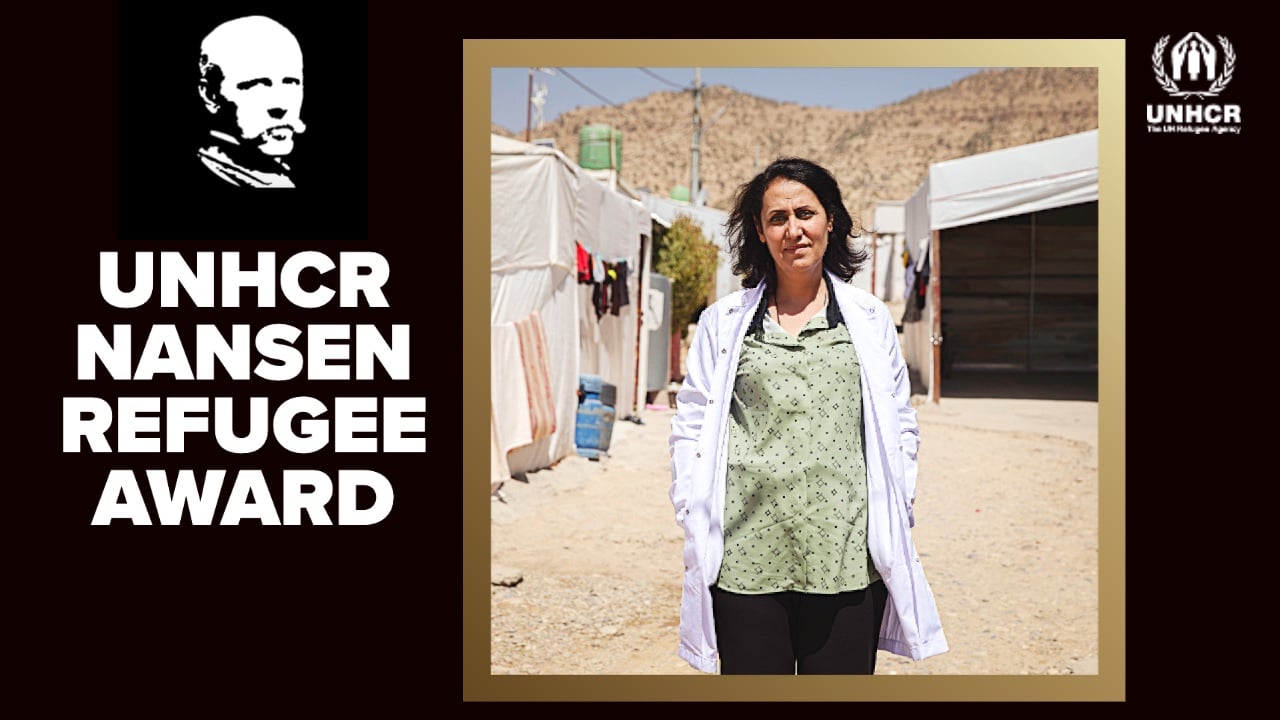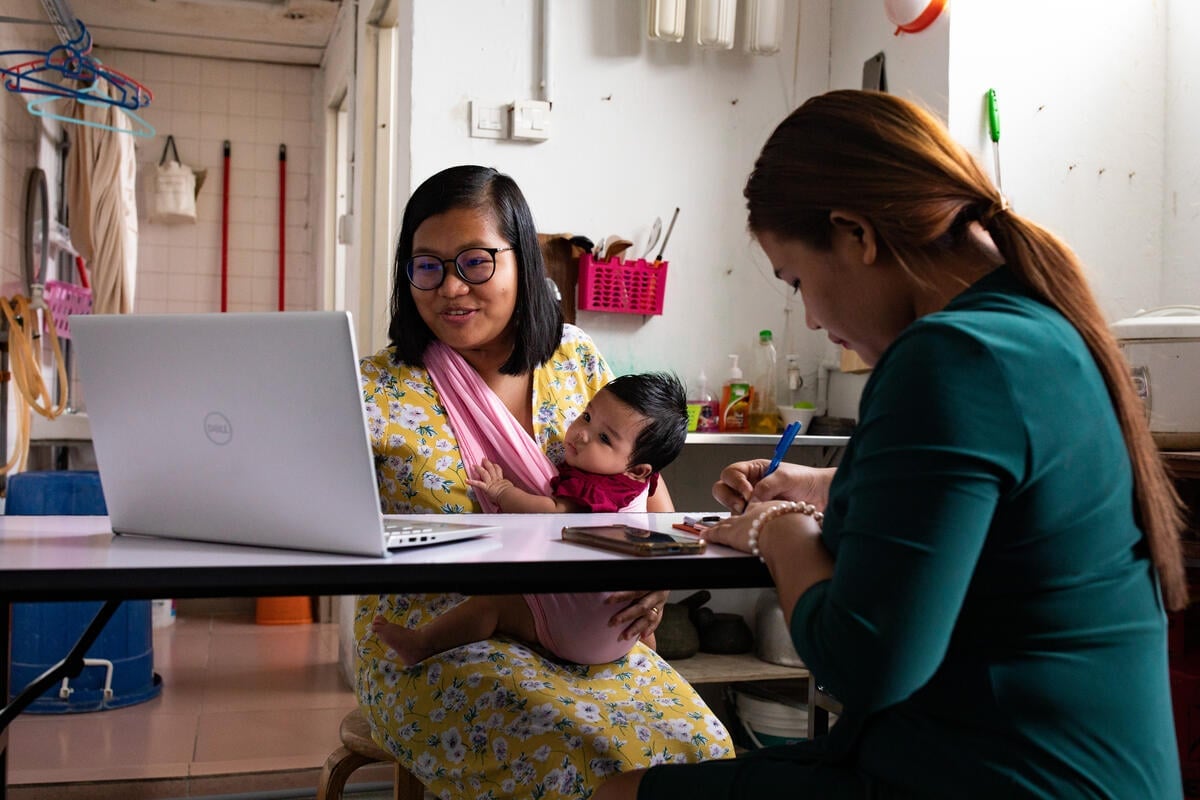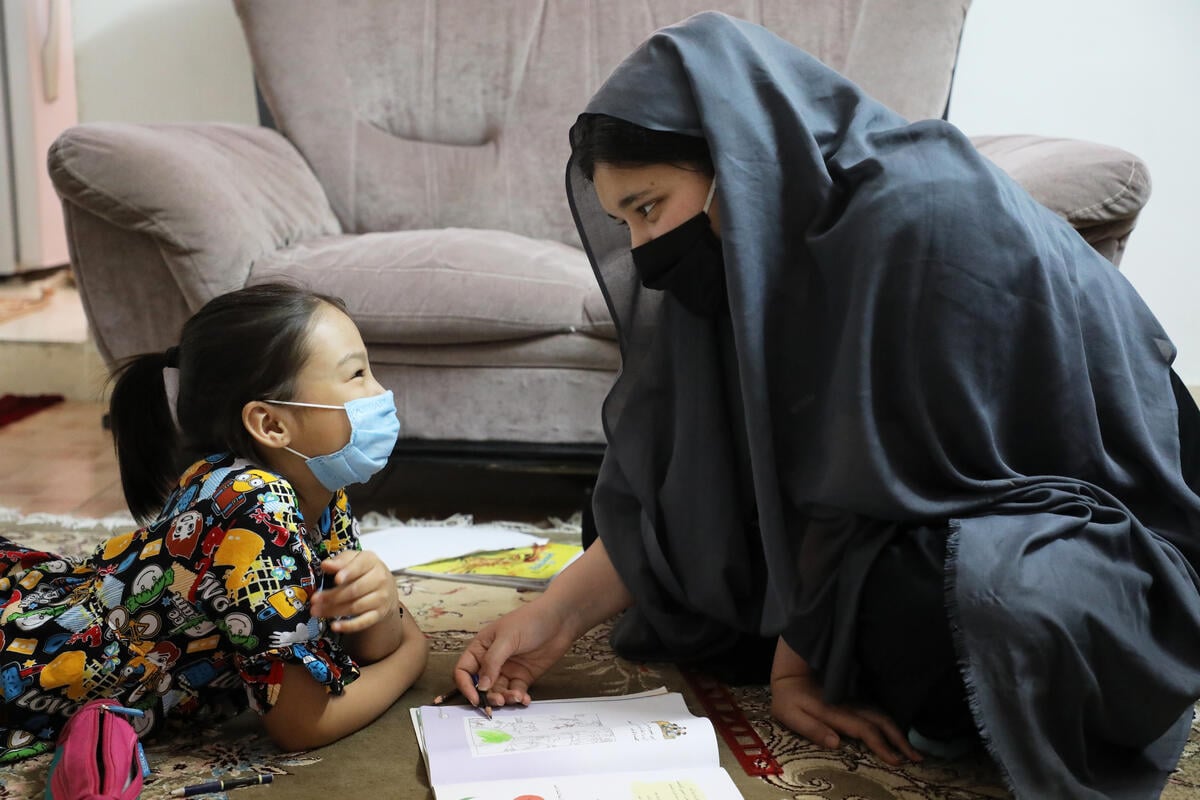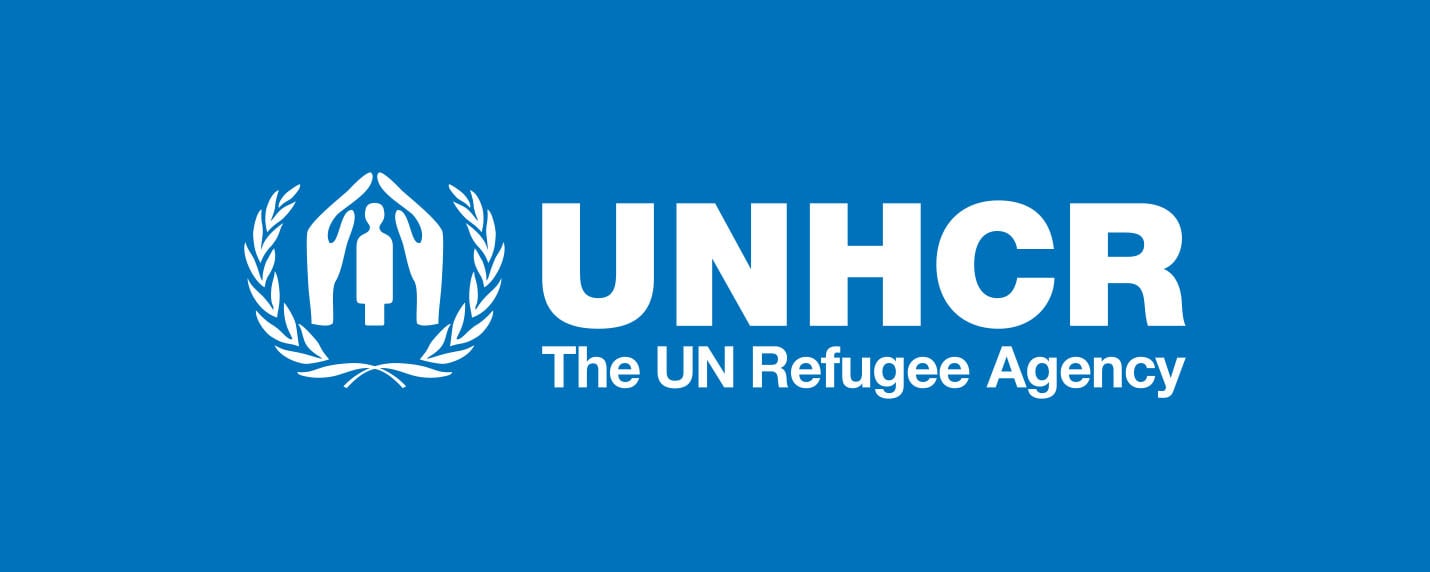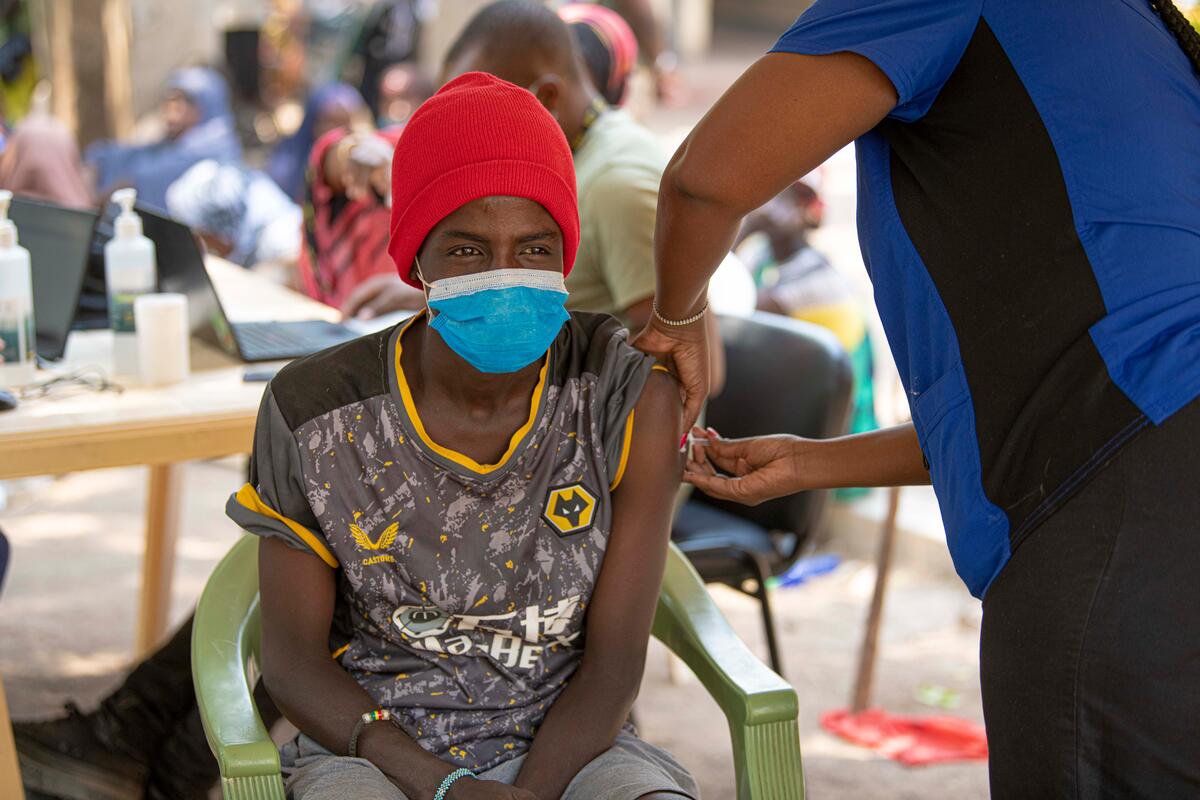Strangers united by the fears they share
Strangers united by the fears they share

KAKUMA REFUGEE CAMP, Kenya, December 26 (UNHCR) - Adieu Chol Bior, 31, will never forget the day when rival Nuers raided her Dinka village in Sudan. She was perhaps 10 years of age, and as her family tried to run her father was shot and killed. "I was too young to know the way of dying and so I sat by my father and begged him to wake up," she recalled. "Then the man who killed him came and took me away."
Thus began a harrowing ordeal that eventually led Chol to a place that she and nearly 400 other refugees call "protection area". Survivors of conflict and persecution, they now live behind metal fencing, just meters away from the police station at Kakuma refugee camp in northern Kenya. Within the barbed-wire boundaries of their guarded area, they worry for their lives or for the lives of their children.
Protection area has become a community of people who are bound together by their fear and suffering. And as suffering breaks the boundaries of tribe and clan, people of different nationalities and faiths begin to mingle with one another. Six different nations are represented in the area. Residents must sign a code of conduct to ensure that they treat their neighbours respectfully. Camp members pass the time relating their stories, often over shared meals.
Recently Chol told her story. She recalled how the man who killed her father took her away and consigned her to slavery. How, when she reached puberty, he forced her to become his wife. And how, over the next several years, he fathered three of her children. Finally, in 2003, Chol seized a chance to escape with her son and two daughters. But when she returned to her village she was told she could not stay. Local elders said her presence would cause friction and possibly unravel a fragile peace that reached between Dinka and Nuer. And so she fled again, pursued by her former husband and captor, and found a safe haven at Kakuma camp before he could get hold of the children.
Chol fears that other Nuer, in Sudan or elsewhere, also might try to take her son and daughters, since their society regards children as tribal property. For the past six years, she has lived in protection area. When South Sudan became independent earlier this year, many other Sudanese cheered in celebration. But Chol felt no cause for happiness. "What is my choice? I can go back to my country and the man who killed my father. I can go back to the man who took me away. I can lose my children or I can stay here," she says in a voice so soft it may as well be a whisper. "I will stay here."
Chol and her children are among 378 people living in protection area, where UNHCR and its partners attend to their social and psychological needs. UNHCR staff come to protection area at least once a week to listen to the stories of its residents and to provide them support. Two full-time teachers, themselves refugees with protection concerns, provide informal classes to children. The area is also host to a madrasa provided by the local Muslim community. "They come from environments where they were living comfortably one moment and the next they were under attack," says Elizabeth Chege, a UNHCR protection associate working at Kakuma refugee camp. "We try to reassure them and provide them some sense of normalcy."
Saharo Abdulahi Sais, another resident of protection area, also fears for her children. Now 28, she says her troubles began in 2006 when she asked her husband not to join an insurgent group in Somalia. She came home one afternoon to see him wearing a military uniform. The couple had a one-year-old child and another on the way. "I begged him not to fight," she says with tears in her eyes. "He said 'I am a soldier and the first person I am going to kill is you.' " Saharo's husband forced her to the ground and put a knife to her throat. Neighbours begged the man not to kill her and instead to take his son and leave. The husband left a scar on her face and, when she fled across the border to Kenya, tried to follow her to take away her second child. "He said 'You can go to Kenya if you want, but I will still get you.' " Saharo's dilemma has led her away from clan identity. She is Somali but no longer feels as though she belongs. She has since married a Ugandan man who likewise fled his homeland out of fear of persecution. "Even if I go back to Somalia I have married a different husband from a different country," Saharo says. "My people would slaughter me."
Susan Duko, 34, is another resident of protection area who lives in fear. Because her husband supported Khartoum during the civil war in Sudan, and then disappeared, the Southern Sudanese army interrogated his remaining family members - and executed Duko's father before her eyes. After fleeing across the border to Kenya, she was followed by a man who, she says, intentionally gave her HIV as retribution. "Someone like me will never go back to Sudan," she says. "Can't I get someone to take me and my children to a place like Ethiopia or South Africa so they can study?"
The greatest hope for these refugees is the possibility of resettlement in Europe, Australia or North America. "Resettlement means new hope for these people," says Chege. "While the past will always haunt them, the possibility of a real future and a chance for renewal will be there as well."
By Greg Beals in Kakuma Refugee Camp, Kenya. Beals is a writer and journalist now on assignment in East Africa for UNHCR.



